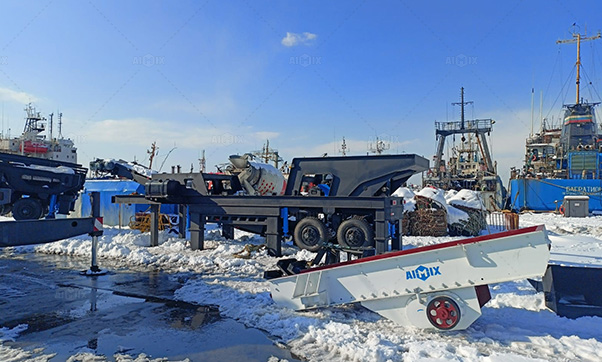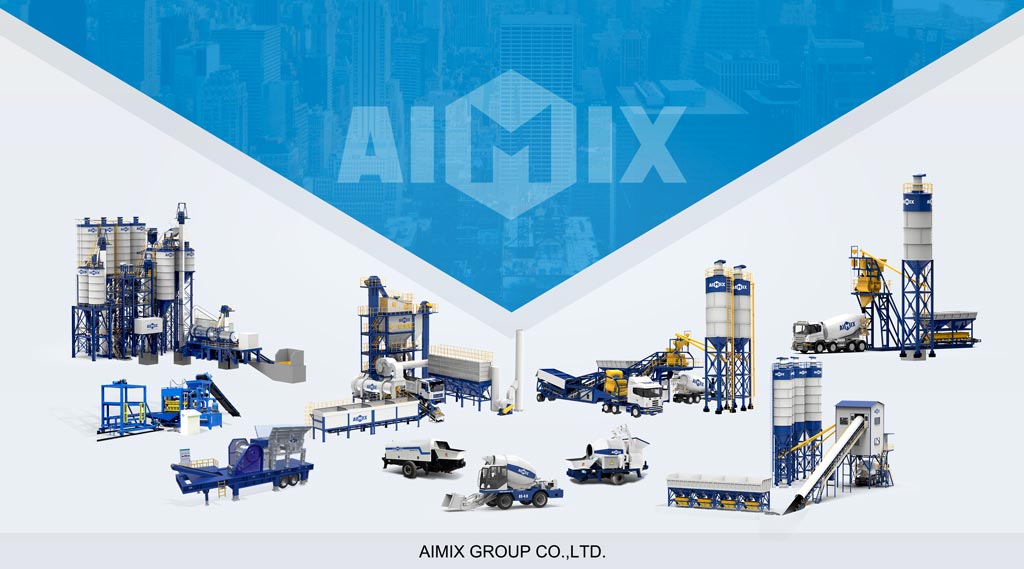In the realm of mineral processing, rock crushers occupy a pivotal role, serving as the initial stage in the comminution process. These robust machines are designed to break down large rocks into smaller, more manageable fragments, facilitating subsequent processing stages. However, the longevity and efficiency of rock crusher equipment hinge significantly upon the properties of the rocks being crushed, particularly their hardness and abrasiveness.
## The Influence of Rock Hardness
Hardness, a fundamental property of rocks, delineates their resistance to deformation and abrasion. In the context of rock crushing, hardness plays a pivotal role in dictating the operational parameters and wear patterns of crusher components. Rocks vary widely in hardness , ranging from soft materials like limestone to exceedingly hard substances such as granite and quartzite.
The Mohs scale, a widely accepted measure of mineral hardness, provides valuable insights into the relative hardness of different rock types. For instance, rocks with a higher Mohs hardness rating require more forceful crushing actions, exerting greater stress on the crusher components. Consequently, crushers operating in environments abundant with hard rocks are predisposed to heightened wear and tear, necessitating robust design features and regular maintenance protocols. Conversely,
softer rocks exert lesser abrasive forces on the crusher equipment, resulting in comparatively reduced wear. However, it’s imperative to strike a balance between crushing efficiency and wear resistance when dealing with softer materials, as excessive wear can still occur over prolonged operational durations.
## The Role of Rock Abrasiveness
Apart from hardness, the abrasiveness of rocks significantly impacts the wear dynamics of crusher components. Abrasiveness refers to the propensity of rocks to cause abrasive wear on contacting surfaces due to their inherent roughness or the presence of abrasive minerals. Rocks rich in abrasive minerals like quartz, corundum, and garnet pose considerable challenges to crusher durability and performance. Learn more here: https://aimixgroup.com/stone-crusher-plants/aggregate/.
When subjected to crushing operations, abrasive rocks impart erosive forces on the crusher components, leading to material loss and surface degradation. Abrasive wear manifests in various forms, including gouging, scratching, and polishing of surfaces, ultimately compromising equipment integrity and operational efficiency.
Mitigating abrasive wear necessitates the adoption of specialized wear-resistant materials, surface coatings, and wear liners tailored to withstand the abrasive onslaught. Additionally, optimizing operational parameters such as feed rate, crusher speed, and discharge settings can mitigate abrasive wear by regulating the impact energy imparted on the rocks during crushing.
## Conclusion
In conclusion, the hardness and abrasiveness of rocks wield a profound influence on the wear dynamics of granite crushing machine. By comprehending these inherent rock properties and their ramifications, operators can make informed decisions regarding equipment selection, maintenance practices, and operational strategies. Moving forward, continued research and innovation in material science and engineering hold the key to enhancing the durability and efficiency of rock-crushing equipment in diverse geological settings.


Comments
February 28, 2024 16:08
Caldwells is all that you will ever need when it comes to doors. They sell their products at the lowest prices which are made of the finest materials. If you don’t believe me, you could https://caldwells.com/interior-doors/pre-finished them out through their website.